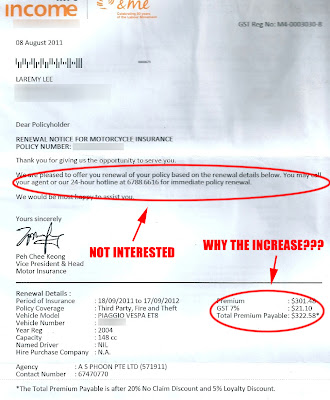My latest article on POSKOD.SG.
Ten Steps to Effective Online Commentary.
A guide to online criticism and debate. (Mostly criticism.)So, you’ve got an Internet connection, an opinion and some spare time on your hands.
Congratulations! Like everyone else and their blogs, you are now a media hub.
Before you commence e-hurling your iNtellectualism @ the rest of the world, here are ten steps to effective online commentary, the cyber-Singaporean way.
- Increase your Internet presence.Set up a website on socio-political issues in Singapore and give it a cerebral, subtle and unique moniker, something like Socially Political SG: Thinking About Socially Political in Singapore.What you have to say is, after all, very ‘niche’, and no one thinks about critical issues affecting our nation in as classy or as astute a manner as you do.
- Read widely.Turn to Google and Wikipedia for all your edificatory needs.Besides being the only scholarly sources that can be found on the face of the earth, they are also the most reliable, according to teenage students who take a great deal of pride in referencing “en.wikipedia.org” and “ehow.com” in their homework submissions.
- Participate in community discussions on a consistent basis.Trawl other websites and forums every hour and leave comments on other posts, regardless of whether or not your advice is sound and/or logical.Bear in mind that we are a democracy, and democracy, as translated from the Greek, means ‘many people shouting loudly at each other in a self-important fashion’.
Moreover, your counsel serves to affirm and validate the existence of ‘netizens’.
Never underestimate the value of this, even if netizens do not seem to mention their appreciation of your beneficence, or worse, if they seem to respond negatively to what you say.




